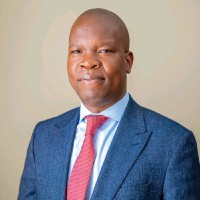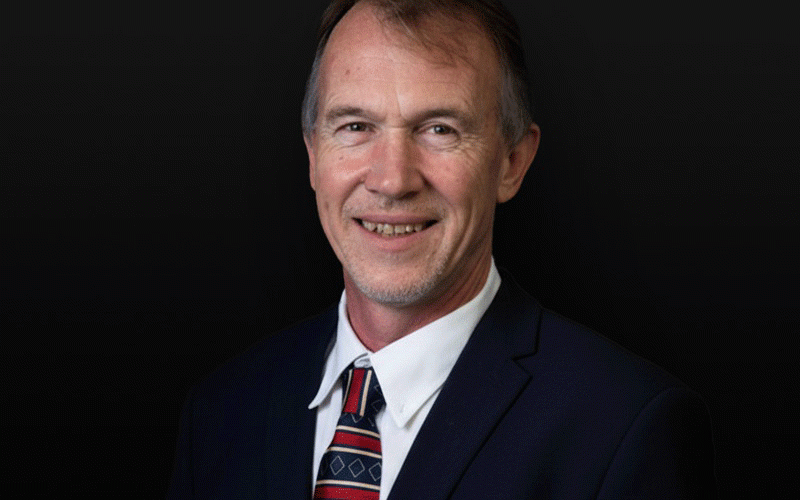
Last week, I posed a question: Can individuals or groups escape poverty by adopting a mindset that transcends their circumstances?
This week let's explore this further.
Some argue that people struggling to survive cannot tap into their creative potential, focusing solely on basic needs.
Others suggest that individuals in difficult situations cannot act with integrity, forced to prioritise survival over all else.
Are these perspectives valid, or do they align with the Theory X management approach, which assumes employees are unmotivated, irresponsible, and require control and coercion to achieve results? Douglas McGregor’s Theory X and Theory Y model highlights the differing beliefs about human motivation and work ethic.
Did McGregor’s work touch on the challenges faced by employees from difficult backgrounds, who may be primarily focused on survival? Let’s examine this issue and its implications for workplace leadership and personal growth.
In countries like Zimbabwe, where many struggle to make ends meet, can the workplace become a place of thriving when the majority of the workforce is preoccupied with basic survival needs?
I believe two types of individuals emerge in such situations.
- ED’s son eyes top Zanu PF post
- Barmlo boss honoured for philanthropic work
- MPs demand full corporate tax disclosures
- Village Rhapsody: Pay teachers a living wage
Keep Reading
One group fits in, content with a routine life, and satisfied with their wages as long as they can meet their basic needs.
They will serve their employer faithfully, sometimes for over twenty years, and receive long service awards, such as bicycles and ploughs, which bring them a sense of accomplishment.
These employees may approach the human resources department to negotiate employment opportunities for their children, feeling they have done their part and can gracefully pass the baton.
This group prioritises stability and security over personal growth and ambition.
The second type prioritizes survival above all else, justifying a “by all means necessary” approach that compromises integrity.
They struggle to understand alternative approaches, as their focus is solely on self-preservation and providing for their families. If left unchecked, this group can disrupt organisational operations.
Can this mindset shift? It would require a profound transformation, involving a complete overhaul of their beliefs, values, and upbringing - a daunting task.
The code of conduct must be the foundation of any organisation, and leadership must intentionally shape the culture to prevent toxicity. While it’s challenging, it’s possible for an organisation to thrive without such individuals, but it demands deliberate effort and informed leadership to foster a culture of integrity and growth.
From the perspective of Positive Intelligence, it's possible for someone struggling to survive to transform their life.
By adopting a new attitude and outlook, they can access their creative potential and achieve material success as a byproduct. Shirzad Chamine, a proponent of positive intelligence, argues that anyone can thrive regardless of their circumstances.
In his book, he explains that our minds have both “saboteurs” (negative thoughts) and a “sage” (positive wisdom).
By strengthening the sage and weakening the saboteurs, we can make better decisions, generate creative ideas, and achieve success.
Chamine even jokes that someone with positive intelligence would fare better in challenging circumstances than someone without it, even in a comfortable environment.
This perspective empowers individuals to take control of their lives and thrive in any situation.
This perspective emphasises that personal growth and transformation are not solely dependent on the environment, but rather on how individuals process and handle their circumstances.
If left unchecked, people tend to perpetuate limiting beliefs and patterns inherited from their upbringing, driven by their saboteurs.
This necessitates intentional leadership interventions that prioritise personal growth and transformation, going beyond mere profit margins.
While this journey may be challenging for Zimbabwe, Africa, and even the global community, it's a worthwhile pursuit.
Encouragingly, companies like Google have already embraced this approach, reaping long-term benefits in employee happiness, performance, and bottom-line results, as research by Shirzad Chamine and others has shown.
With dedication and the right strategies, this transformation is achievable, leading to a more fulfilling and prosperous future.
The main challenge is that this promise of transformation and long-term success may seem like a distant dream, much like the promise of heaven, which can be hard to grasp when immediate results are demanded.
Companies often prioritise short-term gains over future prosperity, making it difficult for leaders to adopt a posterity-minded approach.
This requires a fundamental shift in belief systems, trusting in the potential of their human resources and investing in their development.
Unfortunately, Zimbabwe’s industrial history shows that many thriving companies have failed to sustain their success, highlighting the importance of effective people management and development in the business equation.
We argue that the key to lasting success lies not in financial resources or economic conditions but in the cultivation of human capital.
*Bhekilizwe Bernard Ndlovu is a human capital executive in Zimbabwe, specialising in human resources management, training, development, and transformation, behavioral change, applied drama, personal mastery, and mental fitness. He is also a PhD researcher at Wits University, investigating violent strikes in the South African workplace. With experience as an HR practitioner in Zimbabwe and operations roles in South African social marketing organizations, Ndlovu remains passionate about people affairs and performance management. Reach him at bhekilizweb.bn@gmail.com.










